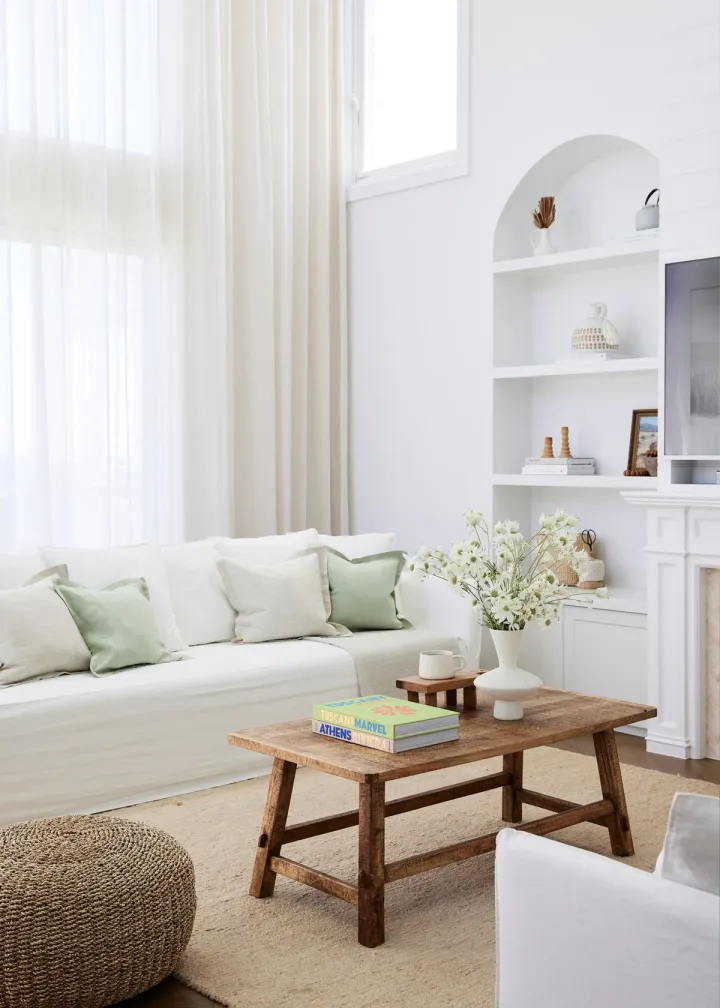
These 7 Décor Hacks Will Instantly Boost Your Mood, According to a Psychologist
It's as simple as opening your windows and filling your space with plants.
According to psychologist Vanessa Staub, the interior spaces you spend time in, particularly your home, can have a huge impact on your mood. Certain elements or items can even help to alleviate anxious thoughts and promote an overall feeling of calm while others can increase our levels of stress.
We've previously covered the topic of cleaning and happiness, so we know how beneficial keeping your rooms clutter-free and draped in natural light can be. For more ways to boost your mood at home this week, we asked Vanessa to provide us with a few simple tricks that anyone can implement and that will make your home a happen haven that boosts your mood.
Decorate Your Mood-Boosting Space
Enjoyed This?
Discover more home décor tips.














